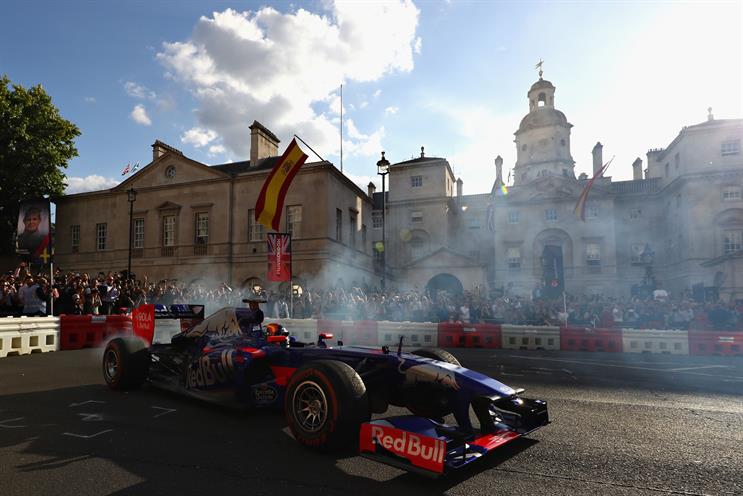
The announcement came just five days after the Professional Darts Corporation called an end to using 'walk on girls' who traditionally escort players to the stage at events.
Formula One's move was welcomed by The Women's Sports Trust which thanked the motorsports brand on Twitter saying it was another sport 'making a clear choice about what they stand for'. A choice which will have significant implications for suppliers.
The move points to a rapidly evolving marketplace for suppliers, says Tom Eatenton, chief executive at live engagement agency Kru Live, which has delivered brand ambassadors to sports events including Rugby World Cup.
The changes could lead to job losses, he says. "Whilst many are in agreement that it is time to move on from the parading of women at male-dominated events such as darts, F1 and boxing, it has for some time offered a sole source of income for both the individuals and the agencies that place them, some of whom are now pretty likely to go out of business."
Formula One’s reasons for dropping grid girls is part of its plans to transform the brand and target a wider audience. Sean Bratches, its managing director for commercial operations, explains that the "custom does not resonate with our brand values and clearly is at odds with modern day societal norms".
Though the opportunities for promoters and partners will continue, he confirms, and alludes to an evolution of the pre-race experience "as one of celebration, where guests and various performers can add to the glamour and spectacle of the Grand Prix, enabling promoters and partners to showcase their countries and products".
A tipping point
Luke D’Arcy, UK president at Momentum Worldwide, believes that this is just the tip of the iceberg. "The sport, the spectacle and indeed the fan experience are all under the microscope as F1 reinvents and futureproofs itself," he explains. "People attend sporting events to be entertained, it’s not about single elements, it’s about the seamless joining up of every experience that brings entertainment to the masses."
With the grid girls there to do a job – providing shade to the drivers and hosting corporate hospitality events – Eatenton suggests that balanced teams of male and female staff that are clear and authentic ambassadors for the brands they represent remains crucial. "What I would hope that is if there is a job still to be done that it would be a balanced team of motor racing enthusiasts, be them male or female," he says.
Enter the 'grid kids'
As there is a clear functional role for the grid girls, Chris Long, managing director of motorsport at CSM Sport & Entertainment asks who should replace them and what opportunities will that replacement provide for sponsors and the industry?
"Other sports have taken different approaches," he explains. "Formula E has ‘grid kids’ where aspiring young drivers have the opportunity to rub shoulders with their heroes on the grid ahead of races, much the same as your young football mascots. Another option could be to open the grid up to fans through a competition to win a place on the grid, something that would certainly align to F1’s plan to bring the fans ever closer to the action."
While event suppliers may be reviewing business plans in light of two major announcements within just five days, those that remain passionate about the industry will find a way to evolve.
The announcements are a sign of the times, Sarah-Jane Benham, managing director at Kru Live adds, but ones that will provide companies with opportunities to innovate. "Portraying women in this way is no longer something the sport wishes to associate themselves with," she says. "It’s tough on those who will lose out but those who genuinely love the sport will find a way to evolve and channel their passion for it in another role."


